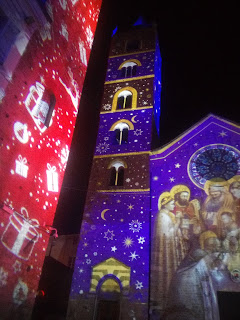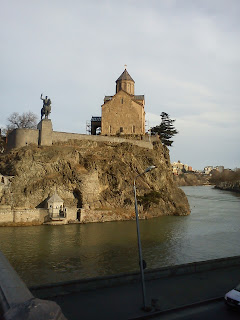International Organizations and Sustainable Tourism – EU 1
Ciao!
Today, and for some posts to come, I’d like to share a short research – very short and totally unambitious – about international organizations and sustainable tourism.
What triggered me to put together some posts about this topic is an empirical observation: the strength of sustainable tourism projects is that they are very often grass-root projects, grounded on a deep if not passionate knowledge of a territory and its potential.
Paradoxically, I find it to be also its weakness. Very often those who commit to these projects are not aware of already well-structured guidelines, or principles, or lesson learnt, plus – and this can prove to be tragically severe – available funding.
Therefore, what I find useful is to give an overview of some international organizations that deal or invest in sustainable tourism. If you don’t have a Political Science background, it is not so common to be familiar with international organization and how they work, beside a very general knowledge of their existence and main tasks.
The issue of sustainability and tourism have reached international fora, both governmental and non-governmental. Synergies have arisen between the private, non-governmental and governmental sectors. It is important to know how international organizations contribute - through guidelines and international law - to regulate and indicate directions for development. For European Union citizens what the European Union decides (EU) will impact significantly local rules and regulations. So we – in EU – need to be informed actors. I, being based in Italy, start with the EU.
European Union and Sustainable Tourism
Different EU institutions and agencies deal with sustainable tourism. I will dwell on the main ones. The Commission is an executive body, promoter of the legislative process as well as guarantor of the Treaties which are the legislative body that creates the Union. The commission was created in 1952, and is based in Brussels.
The Commission enlist the following objectives at the center of its activities regarding sustainable tourism: to preserve environmental and cultural resources; to limit the negative impact of tourism; to promote the well-being of local communities through tourism; to reduce the seasonality of tourism demand; to mitigate the environmental impact of tourism; to make tourism inclusive and accessible for all; to improve the quality of tourism-related professions. So, if you are writing a project in the EU and you want to be on the safe side of its consistency with EU principles, just recall what the Commission states.
The Commission approach is holistic, with a long-term perspective, demands to involve all stakeholders, and to make use of professionalism and the best knowledge available. Moreover, the Commission requires well-planned risk assessment and management, cost-benefit evaluations, self-imposed limits, and auditing and monitoring to be included in sustainable tourism strategies.
If you think this is a usuful toolbox for your plan or project, or to explain what you are doing, always keep an eye to the Commission web site.
https://ec.europa.eu/growth/sectors/tourism/offer/sustainable_en
And I’ll go through it in future posts.



Commenti
Posta un commento